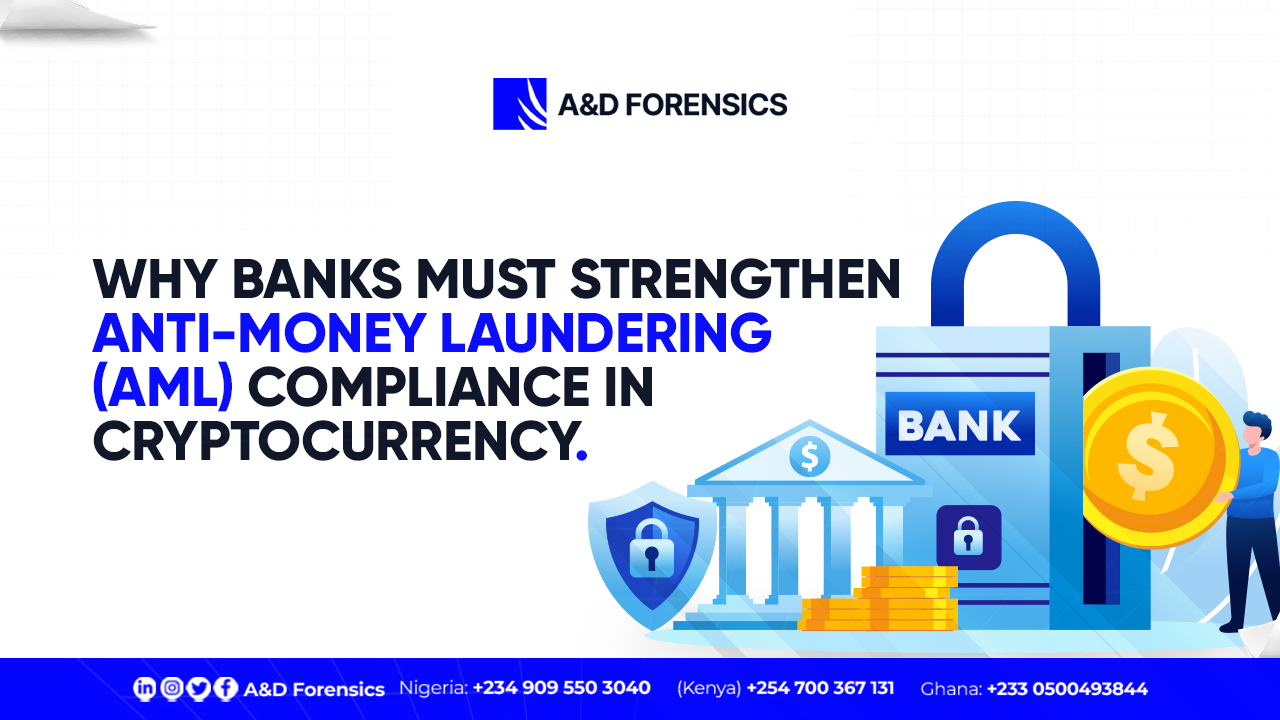THE FATF TRAVEL RULE, WHAT EVERY CRYPTOCURRENCY EXCHANGE NEED TO KNOW!
Financial Action Task Force (FATF) is a body responsible for setting up policies to combat money laundering, and terrorist financing worldwide. The body regularly sets out rules regarding cryptocurrencies and blockchain-based assets. The rules set by FATF include: The FATF Travel Rule and Virtual Assets Red Flag Indicators being used for Suspicious Activity Reports (SARS).
What is FATF Travel Rule?
The FATF Travel Rule is a regulation based on the U.S’s Bank Secrecy Act (BSA) which aims to report and record suspicious transactions that exceeds a specific threshold. The FATF Travel Rule requires that each payment order of $3000 or more will require the following details of the transactors: name and address of the originator, amount of the payment order, and date of the payment order. Cryptocurrency exchanges will share this information amongst themselves while processing transactions.
FATF’s Travel Rule Take on DeFi
Since Decentralized Finance Platforms, DeFi, permits users to transfer cryptocurrencies directly through the use of software that eliminates a third party, FATF has instructed National Anti-money Regulators to hold the managers of DeFi exchanges to similar compliance expectations from CEX (Centralized Exchanges) .
In May 2019, the Treasury Department’s Financial Crimes Enforcement Network (FinCEN) explained that Decentralized Applications, ‘Dapps’ fall under the same requirements of the Bank Secrecy Act as it applies to centralized exchanges and also noted that the DeFi sector is yet to implement basic Anti Money Laundering (AML) protocols.
On the other hand, in the updated FATF publication, FATF didn’t urge regulations for the software that enables DeFi transactions. According to them, “A DeFi application (i.e., the software program) is not a Virtual Asset Service Provider (VASP) under the FATF standards, However, creators, owners and operators or some other persons who may maintain control or sufficient influence…may fall under the FATF definition of a VASP.
What’s FATF Approach Towards Regulating Stablecoins?
FATF gave approaches towards stablecoin regulations in its updated guidelines. FATF advised National regulators to apply many of the FATF Travel Rule principles to stablecoins. Stablecoins are a form of cryptocurrency with its value based on a commodity, government-issued currency or other cryptocurrency. FATF claims that if a stablecoin has an operator or issuer, then the entity qualifies as VASP as well.
Regulators’ Roles Towards FATF Travel Rule
According to FATF, many platforms claim to be decentralized, but their daily operations are managed by a person or organization. Hence, regulators are advised not to depend on a platform’s own attestations while interpreting and implementing the FATF Travel Rule widely.
Also, FATF advised all countries that are yet to implement and adopt the FATF Travel Rule, to take action as soon as possible. According to them, “Countries may wish to take a staged approach to enforcement of Travel Rule requirements to ensure that their VASPs have enough time to implement the necessary systems”. They suggested that any exchange that succeeds in complying with the Travel Rule could go ahead to restrict transactions between suspicious exchanges up to a particular financial limit or they could alternatively process transactions from exchanges if they can verify the identities of both the originator and the beneficiary.
Inference from the updated FATF Travel Rule
The implication of the updated Travel Rule guide to cover DeFi is that, it adapts its original expectations for centralized cryptocurrency exchanges and extends same principles into new areas of the industry.
FATF warned that failure to have VASP compliant exchanges in any country would pose a tough decision to international countries on dealing with weak or non-existent implementation. FATF also advised Cryptocurrency exchanges to scrutinize unhosted wallets. Group of wallets digital addresses used for storing private keys outside the conventional exchanges with less oversight are called unhosted wallets.
In addition, exchanges might need to limit their transactions with any cryptocurrency platform including Decentralized platforms that are yet to implement FATF recommendations against illicit finance. This will also include exchanges that are yet to implement the Travel Rule or build an overall compliance program.
Conclusion
Cryptocurrency exchanges who are Virtual Asset Providers must develop AML system, conduct due diligence on customers and check transactions for evidence of illegal money.
FATF has advised regulators to use blockchain analytic tools to track transactions involving unhosted wallets or completely shun them out of cryptocurrency companies.
To have an experienced guide on compliance policies contact us with: contactus@adforensics.ng and follow our social media platforms for further guide.





